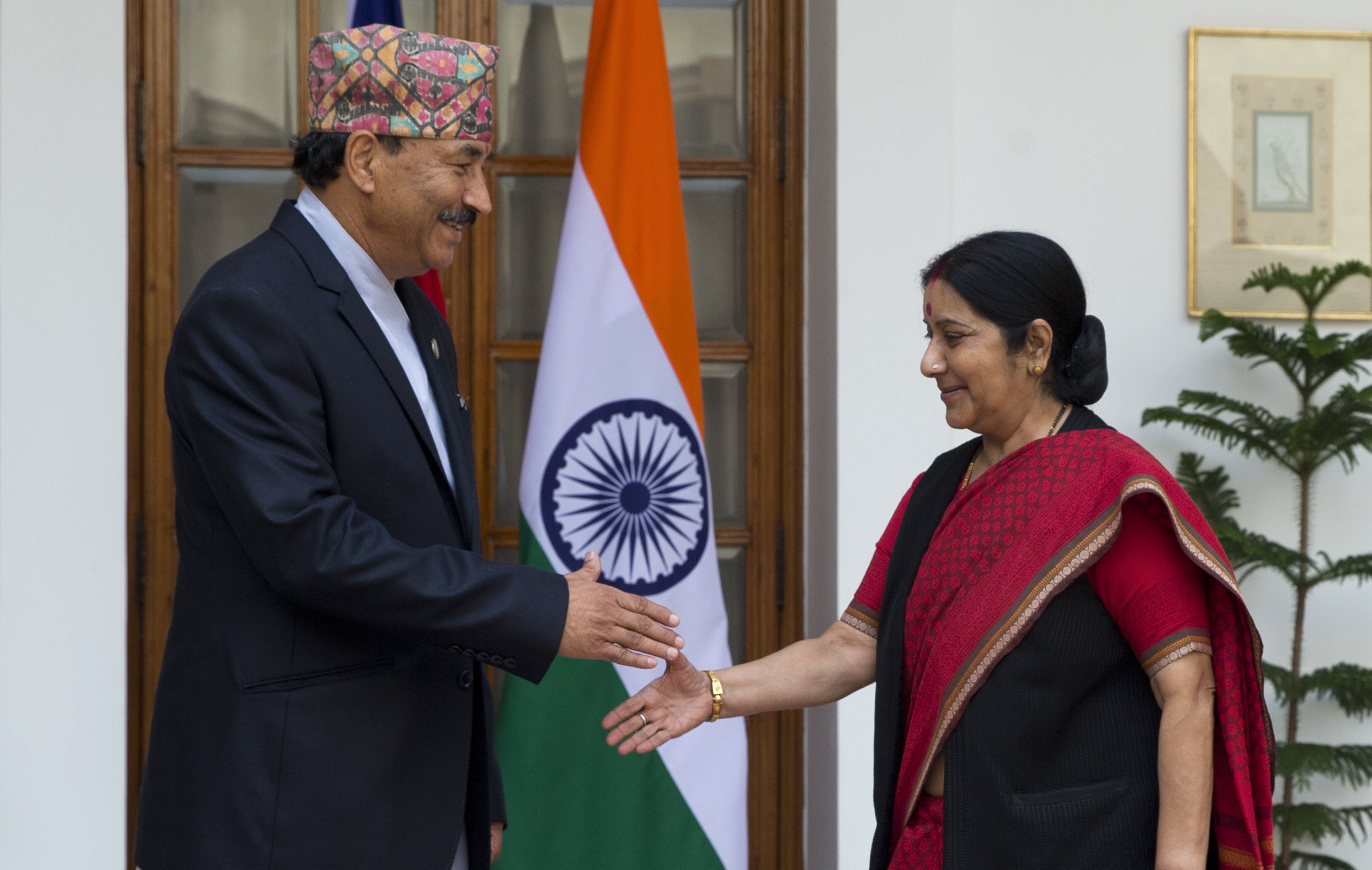LETTERS: Weak diplomacy
For peace and prosperity our leaders considered the new constitution to be a god-gift that would bring everything we wanted. Many leaders even considered it to be the best in the world. But soon after the constitution was passed, all the movements got started, especially in the Terai region. Before anything could settle, southern border gotblocked for more than two months. The inimical Indian blockade on the border of Nepal has proved to be very costly to every Nepali.
Lack of many essentials and the seriously affected economy have hurt the entire country even more than the major earthquake of April 25 did. During this time of national misery and fading brotherhood with India, it’s good to know that the discussion in the Indian parliament about the current situation went largely in favour of Nepal. Even the parliamentary members were raising their voices against the blockades imposed by their own government. It seemed the blockade was imposed, not “by India”, but “by PM Narendra Modi”. Many of their leaders pointed out that India shouldn’t be bothered about the internal affairs of Nepal, as it is a sovereign country. Also, they suggested lifting the blockade soon. However, none of the prime ministers of both countries have made any significant effort to solve this mess before it gets too late. The vague political situation giving all the obscured messages about Tarai and India shouldn’t give negative impression to anyone, and both should be bothered to end the deadlock soon, politically and diplomatically. This is basically the result of weak diplomacy by both Nepal and India.
Adarsh Sigdyal, Kathmandu
Misgivings
The leaders of the United Democratic Madhesi Front (UDMF) who are now in New Delhi are reported to have met India’s national security adviser Ajit Doval and foreign secretary S Jaishankar on Tuesday and to have sought India’s ‘moral’ support to address their concerns regarding the new Constitution of Nepal. The political course seems to be repeating the 1950s movement against the Rana regime. Prior to the tripartite agreement, the government in Kathmandu should make it clear that they are not going to repeat the kind of thing that happened in the 1950s. The campaign being launched by the government called the “Janatako-Sambidhan Janatako-Majhma” should be launched in the languages that are best understood by the people in the Tarai. There are so many misunderstandings spread among the people that the new Constitution is anti-Madhes. The major political parties and the government must reach out to the people and tell them how the new Constitution is more democratic and more inclusive than the previous ones.
Megha Nepal, Kathmandu






